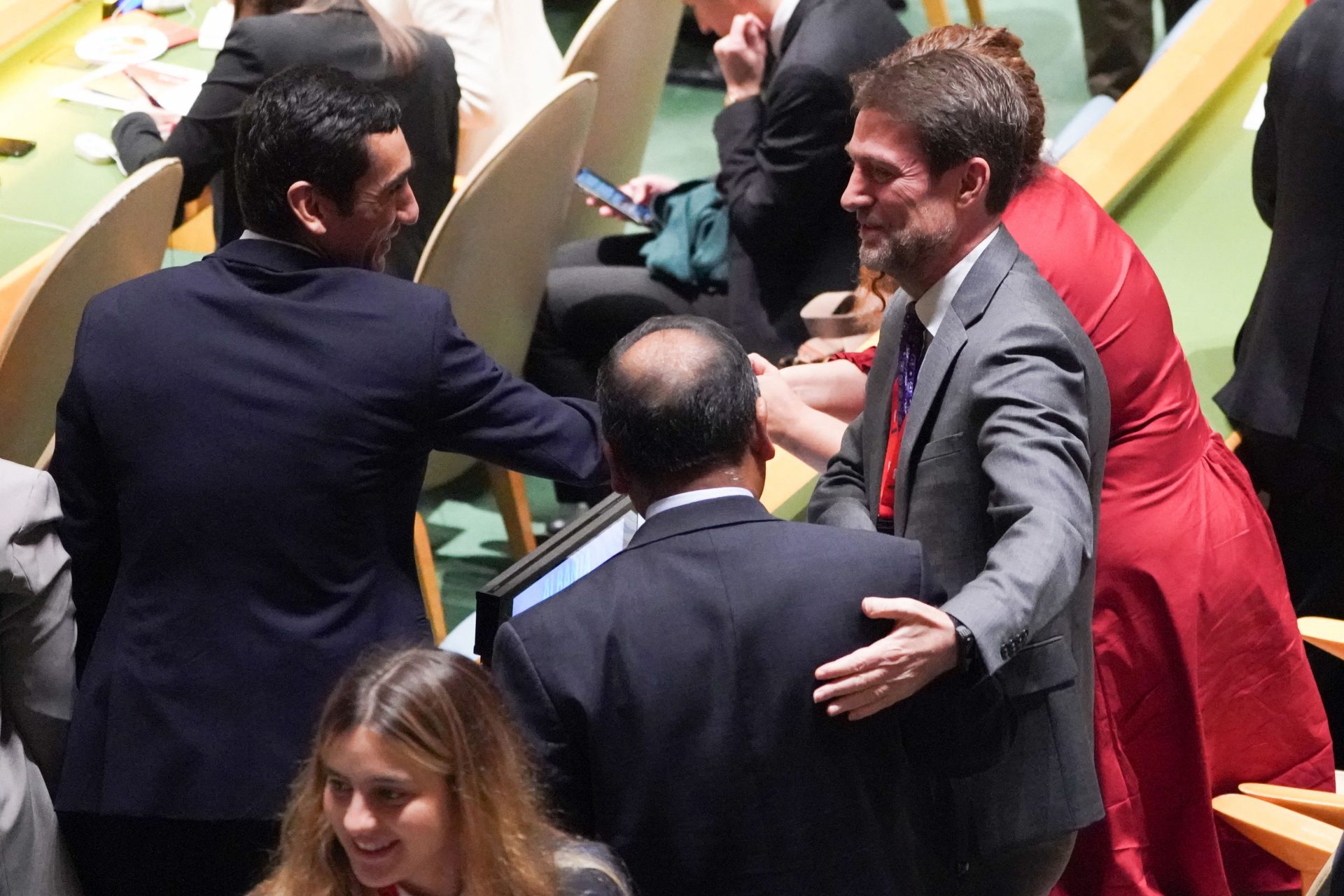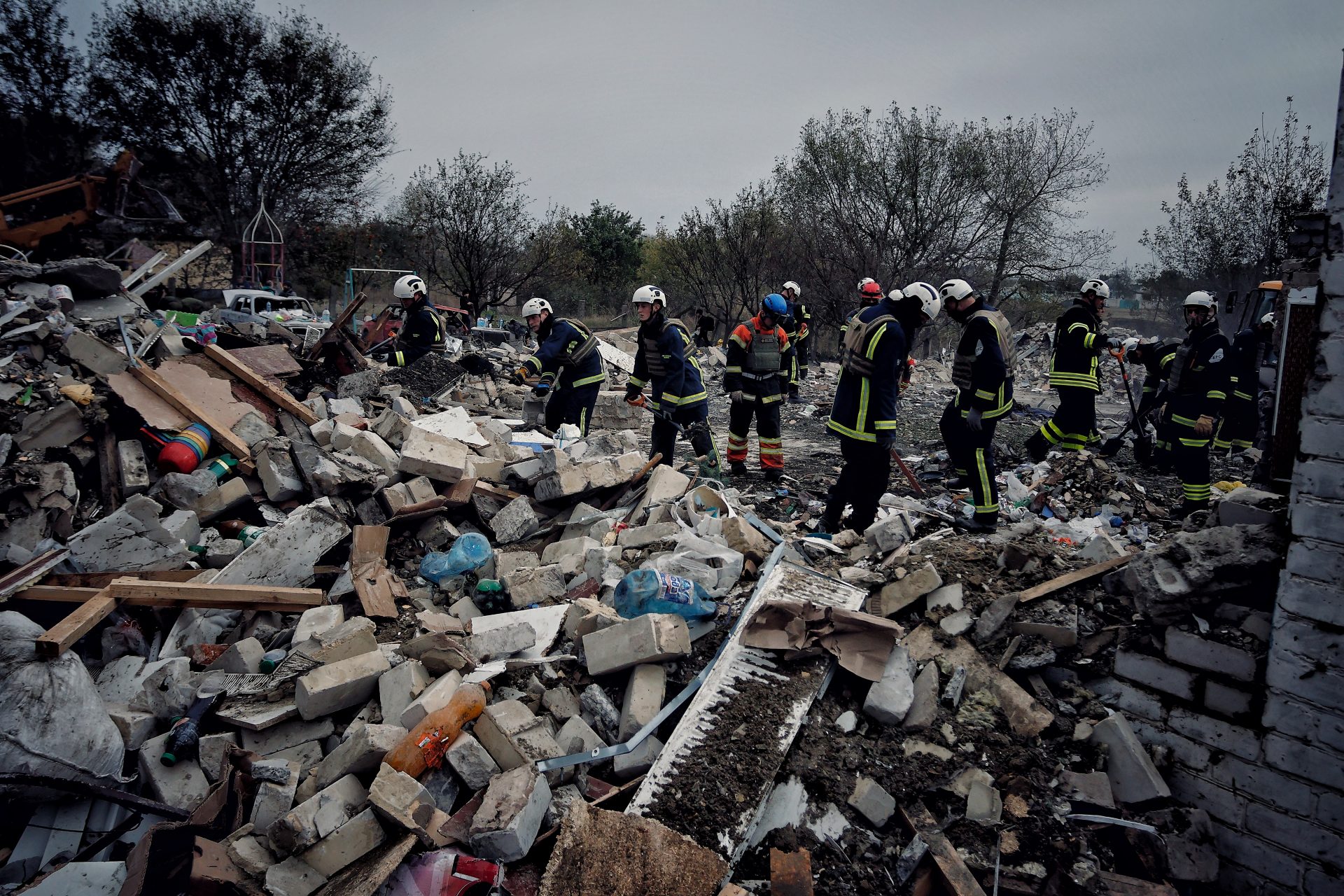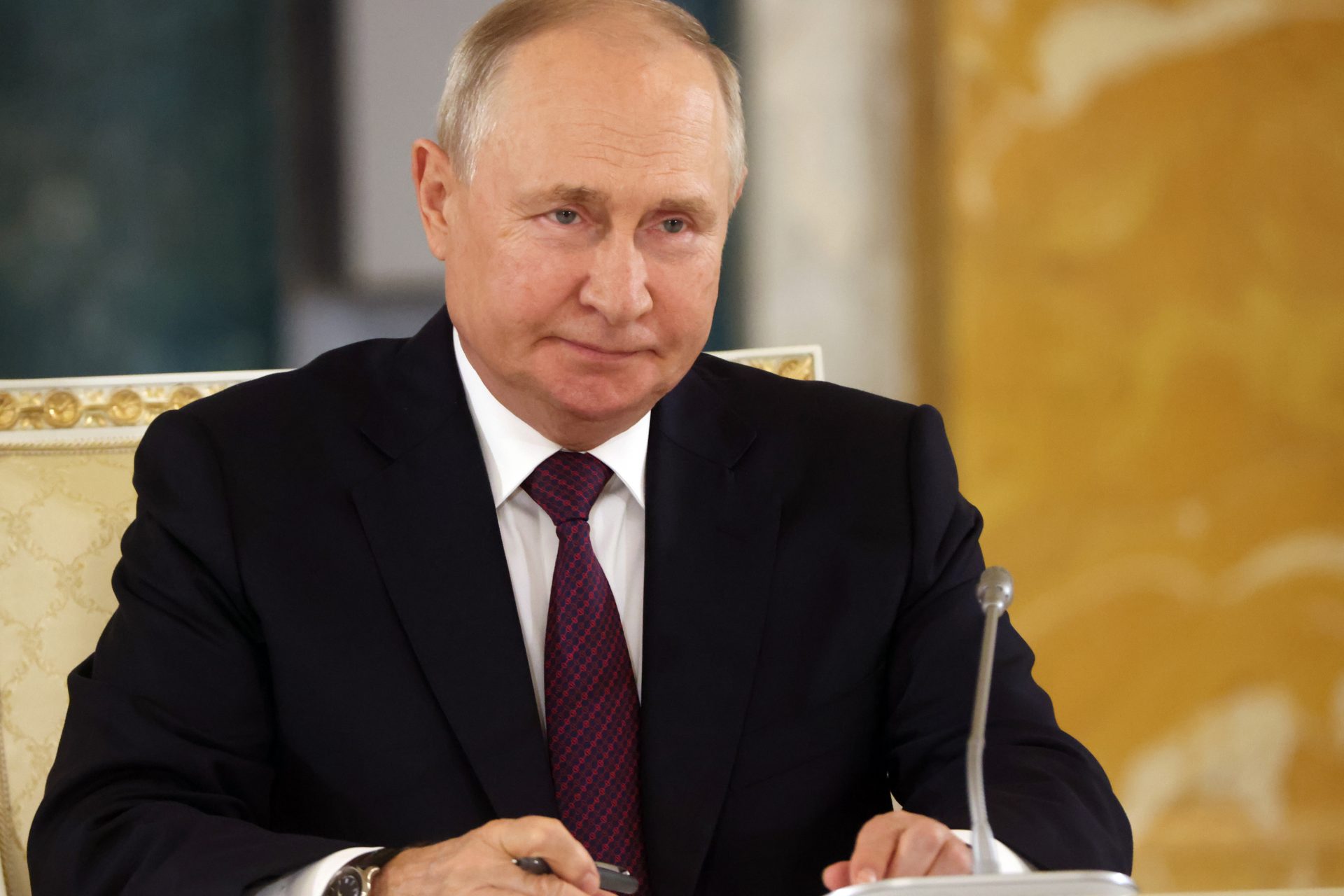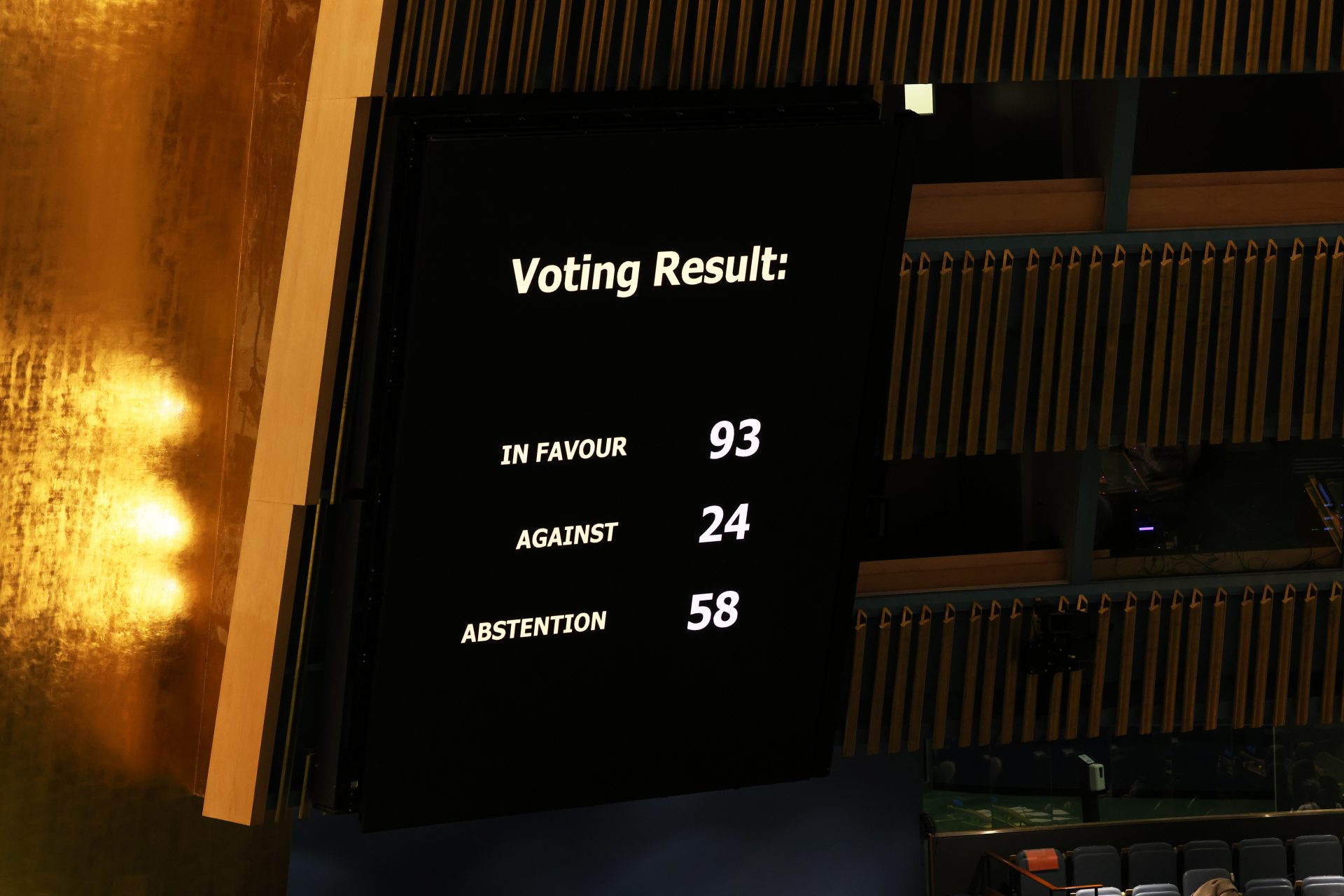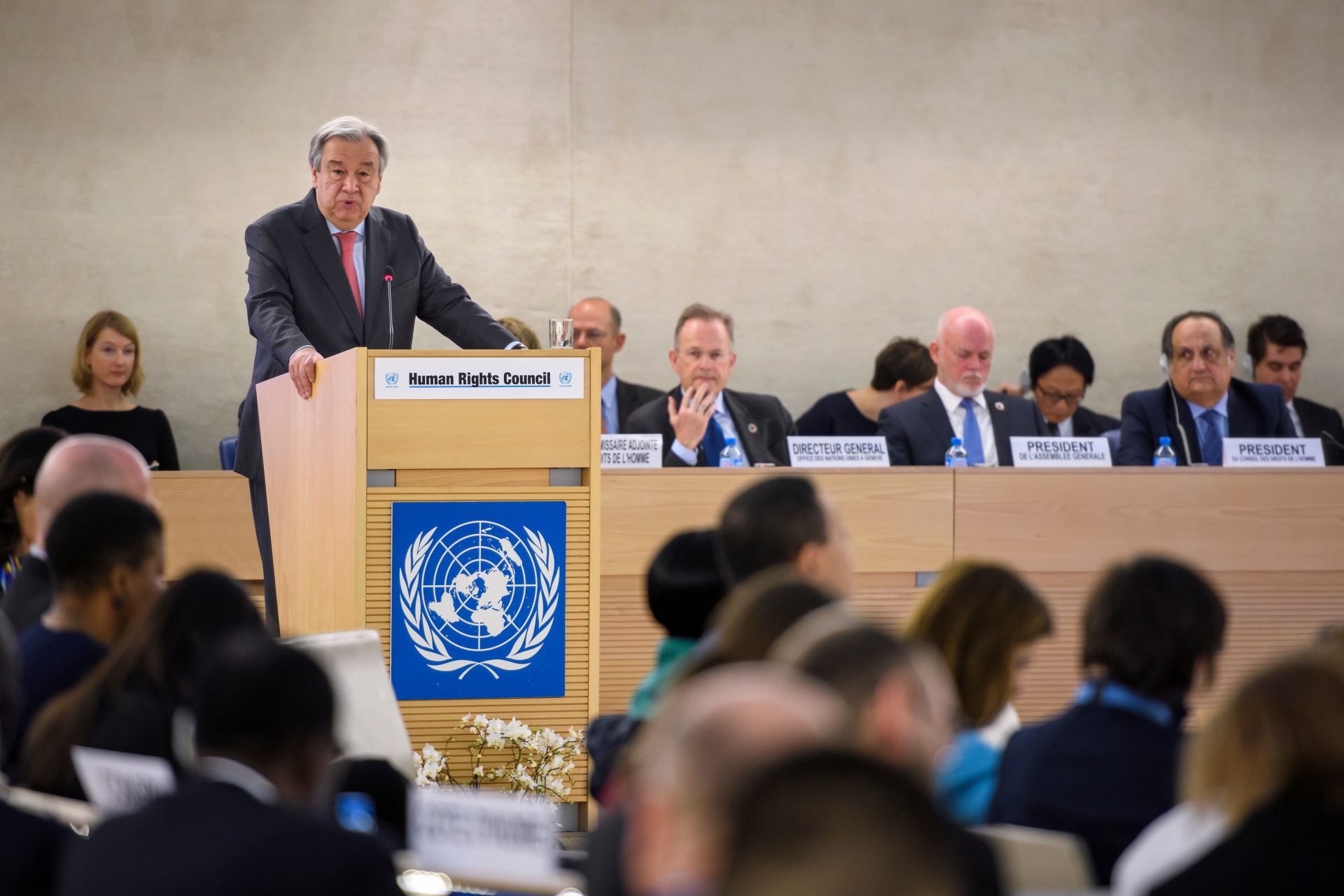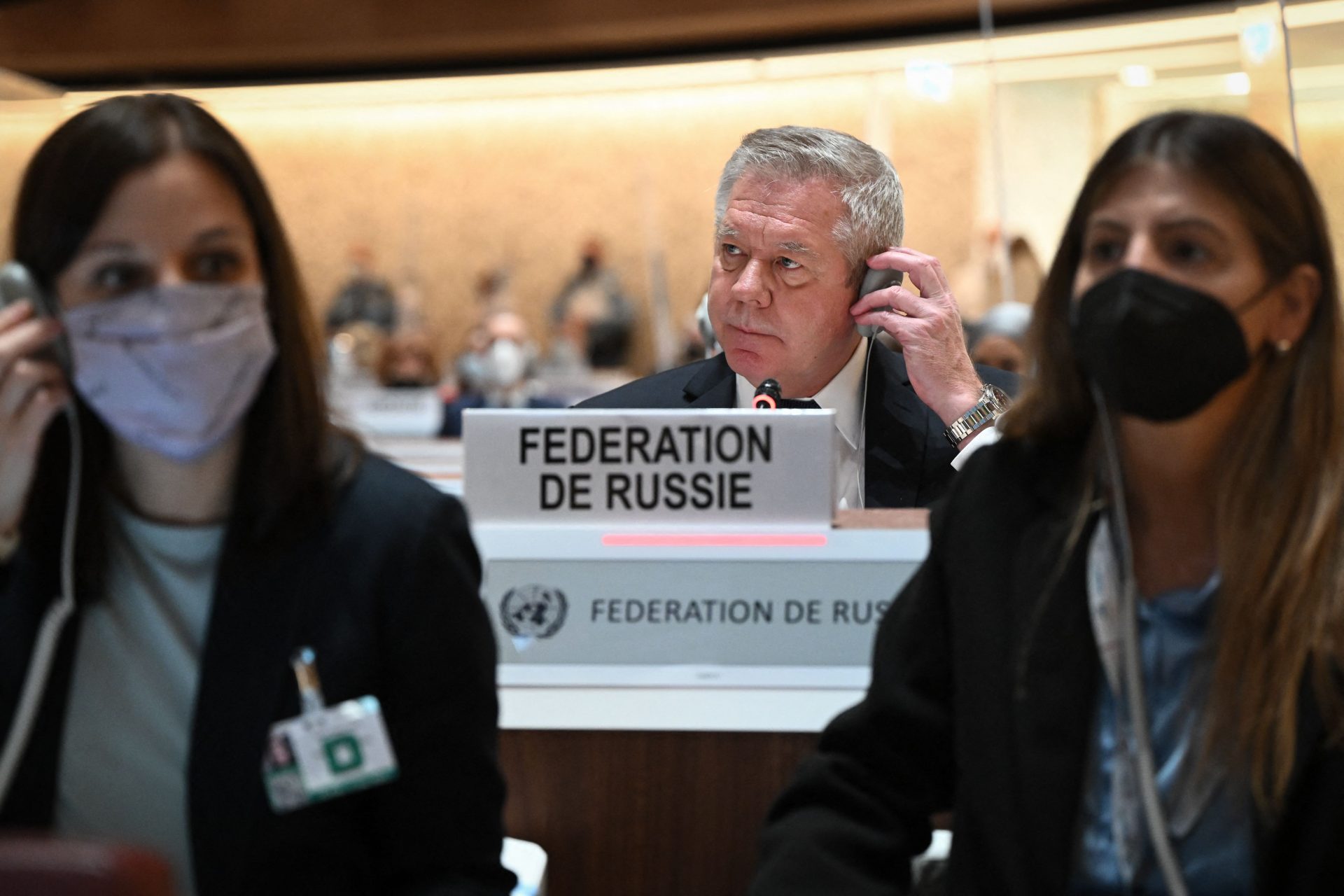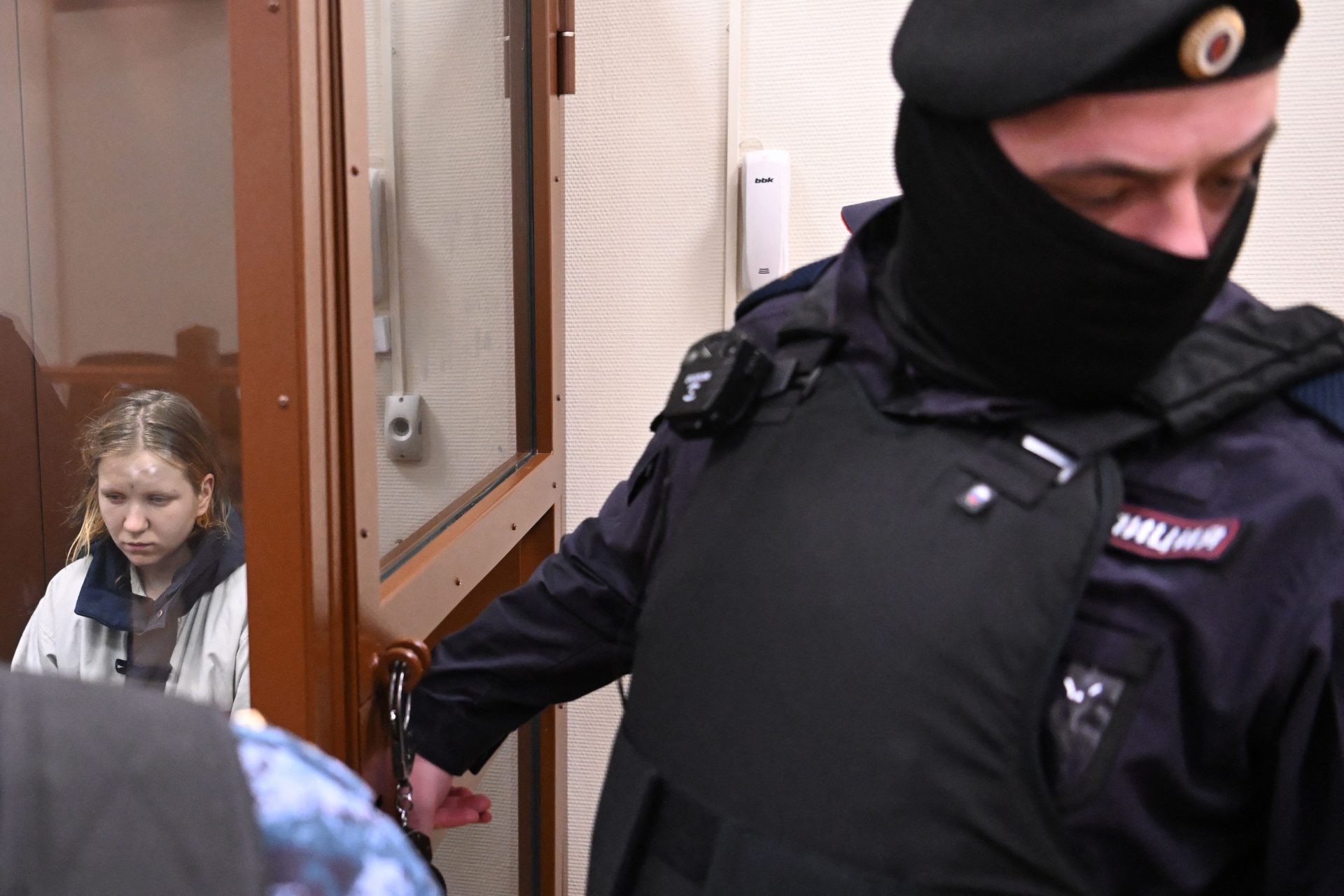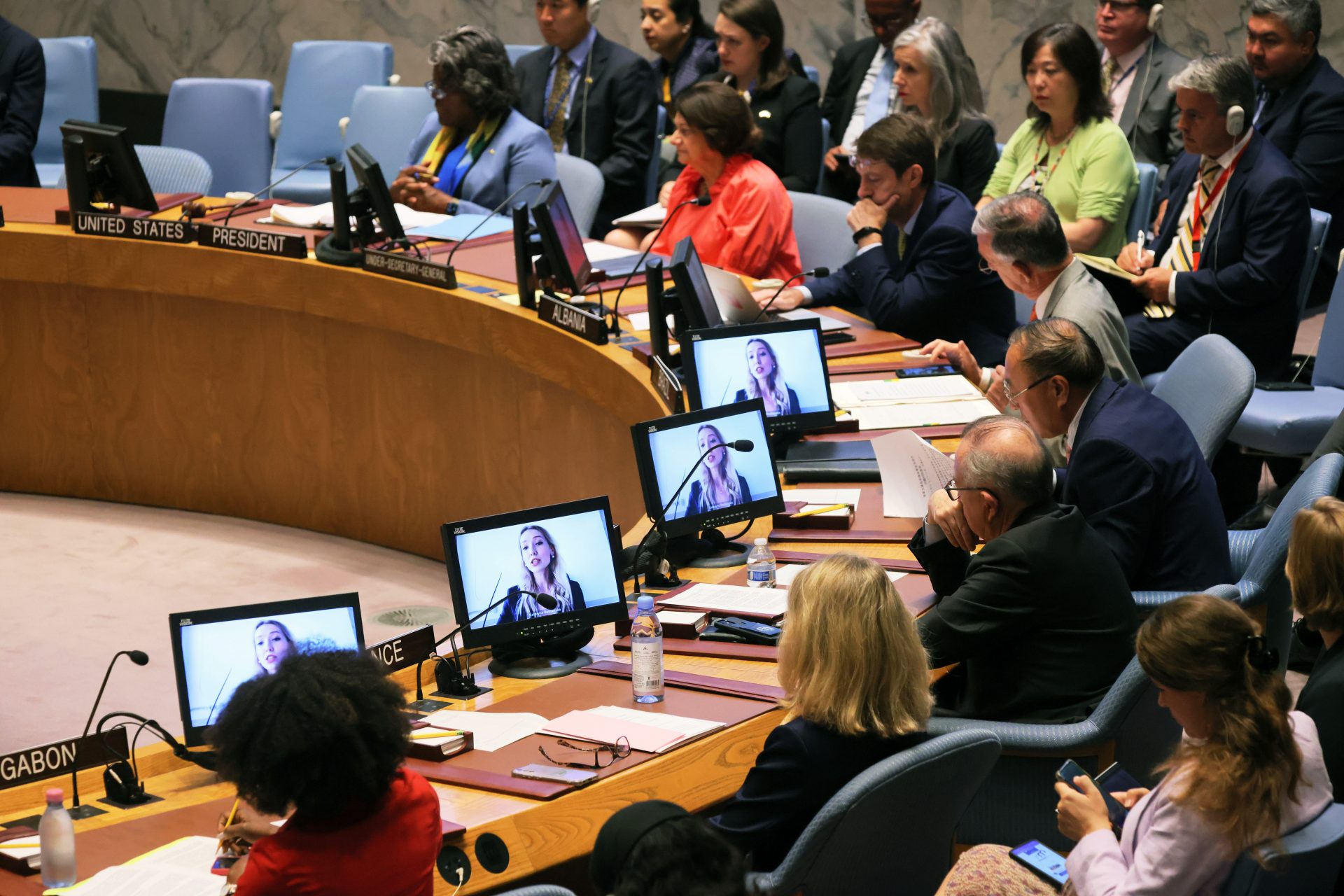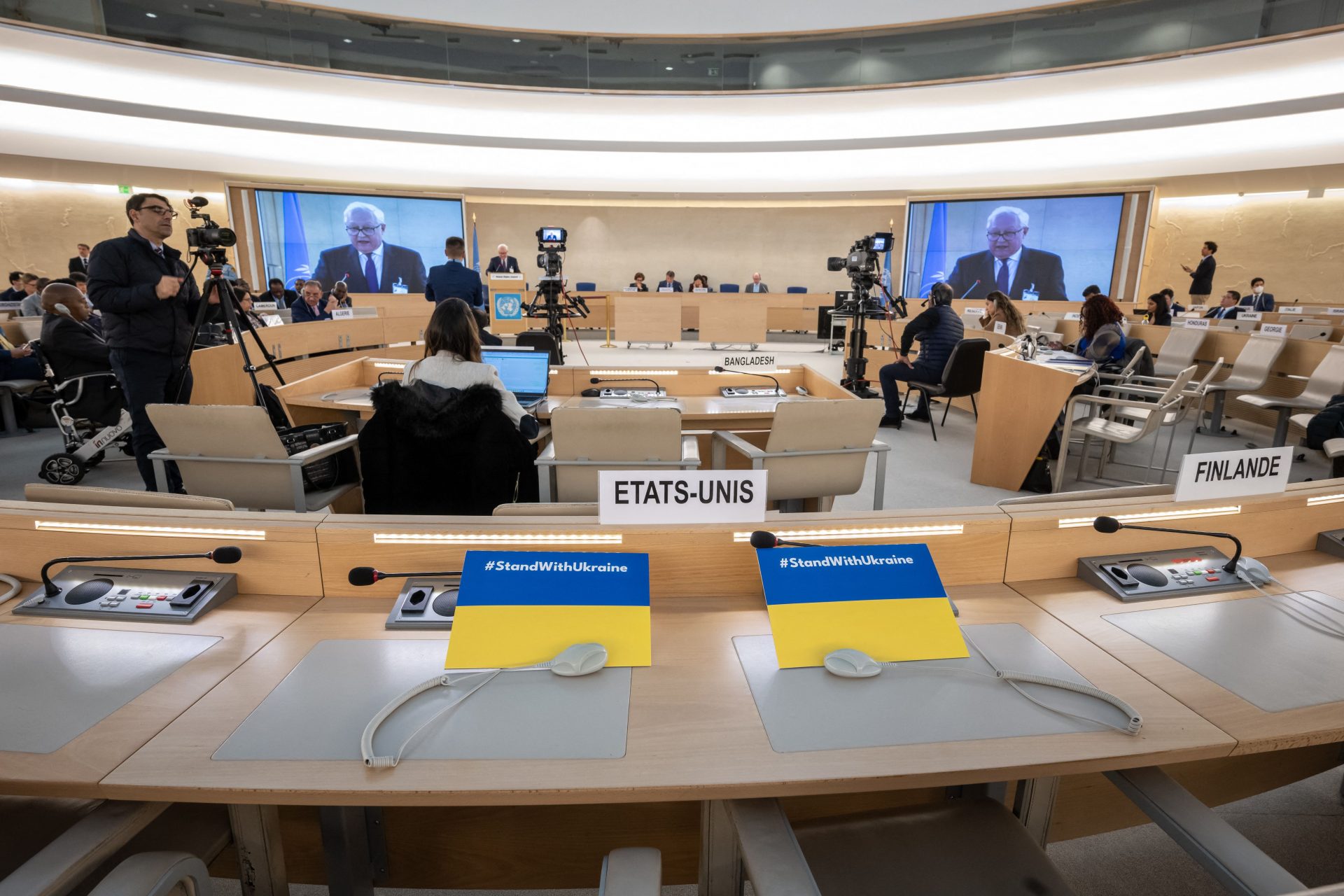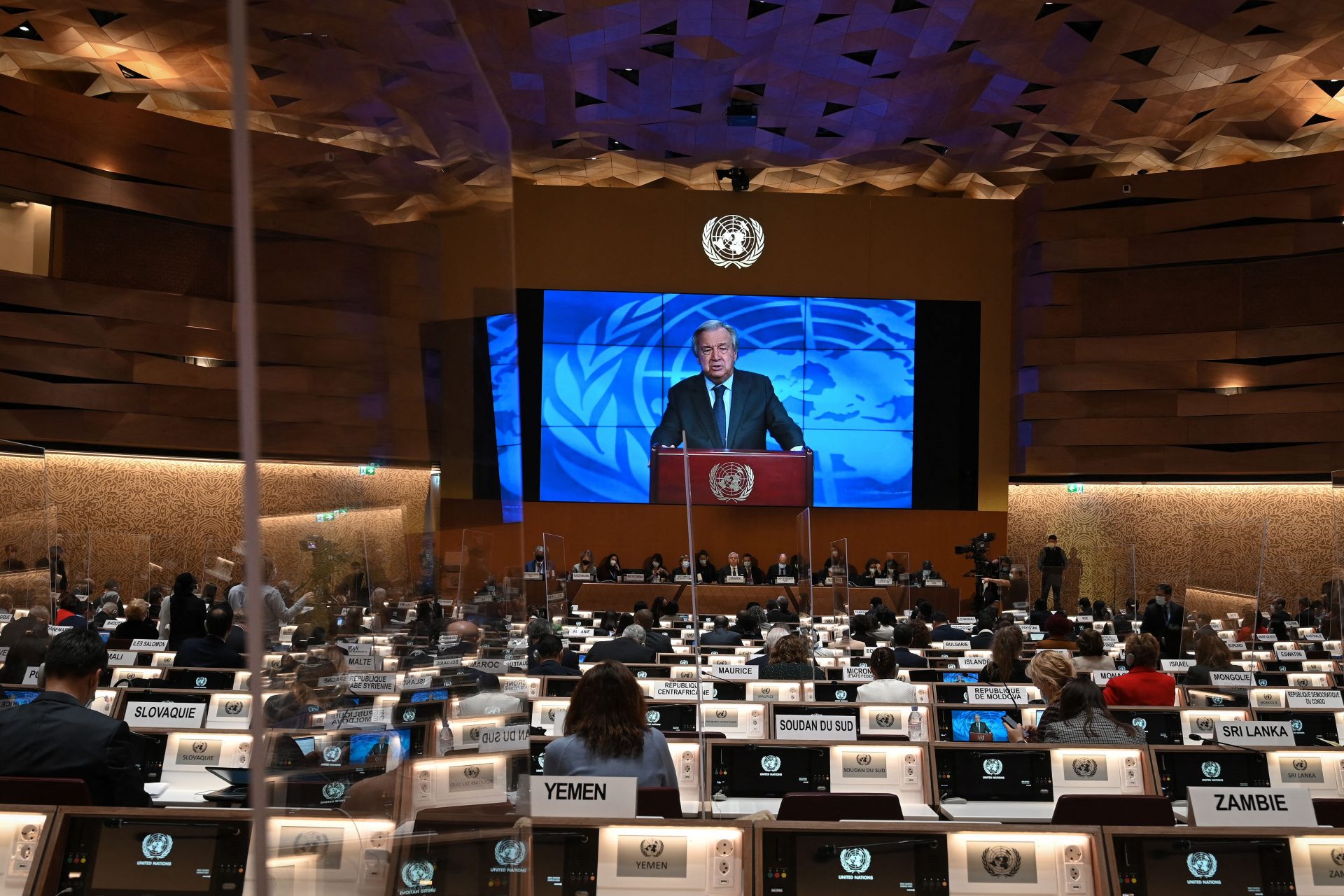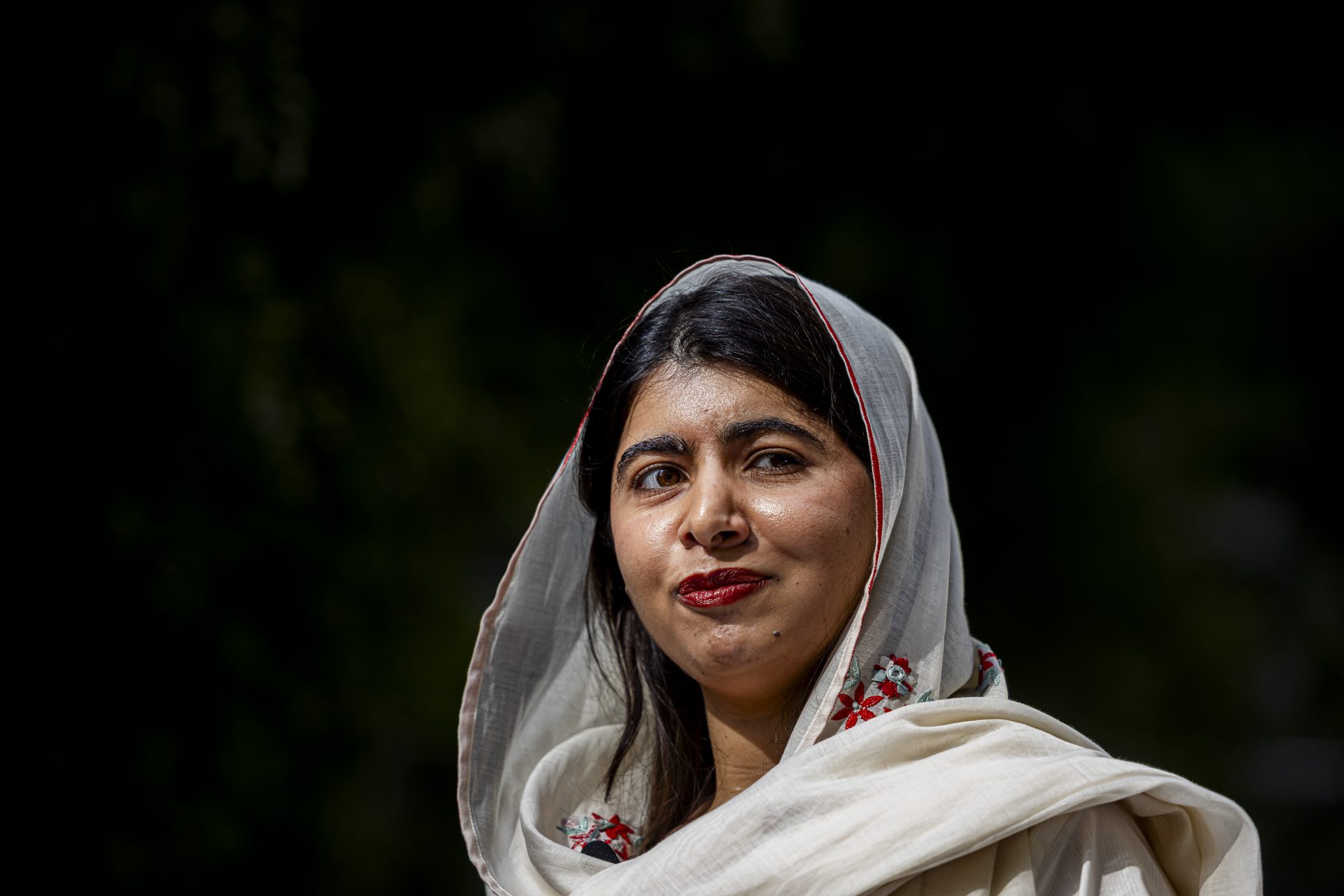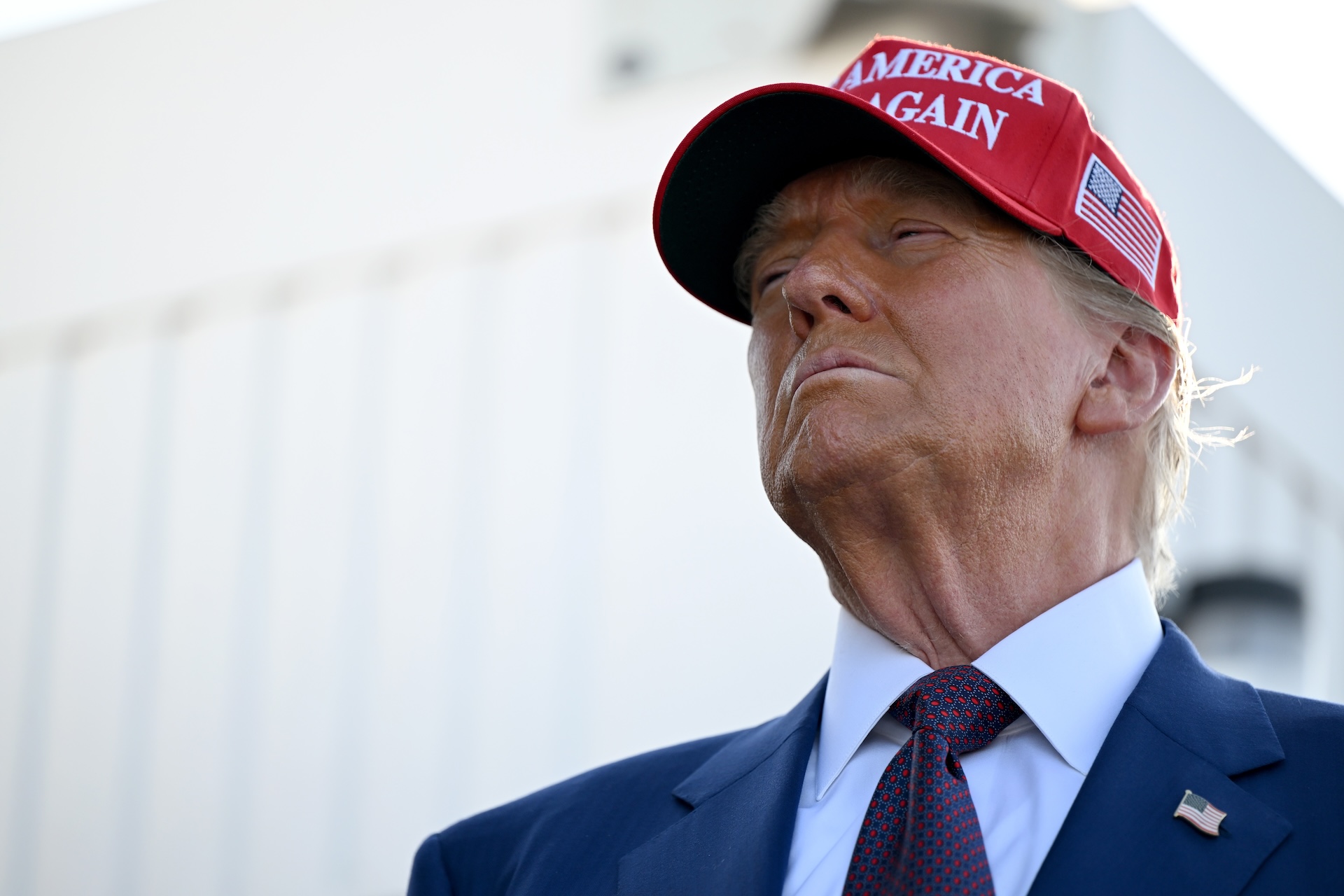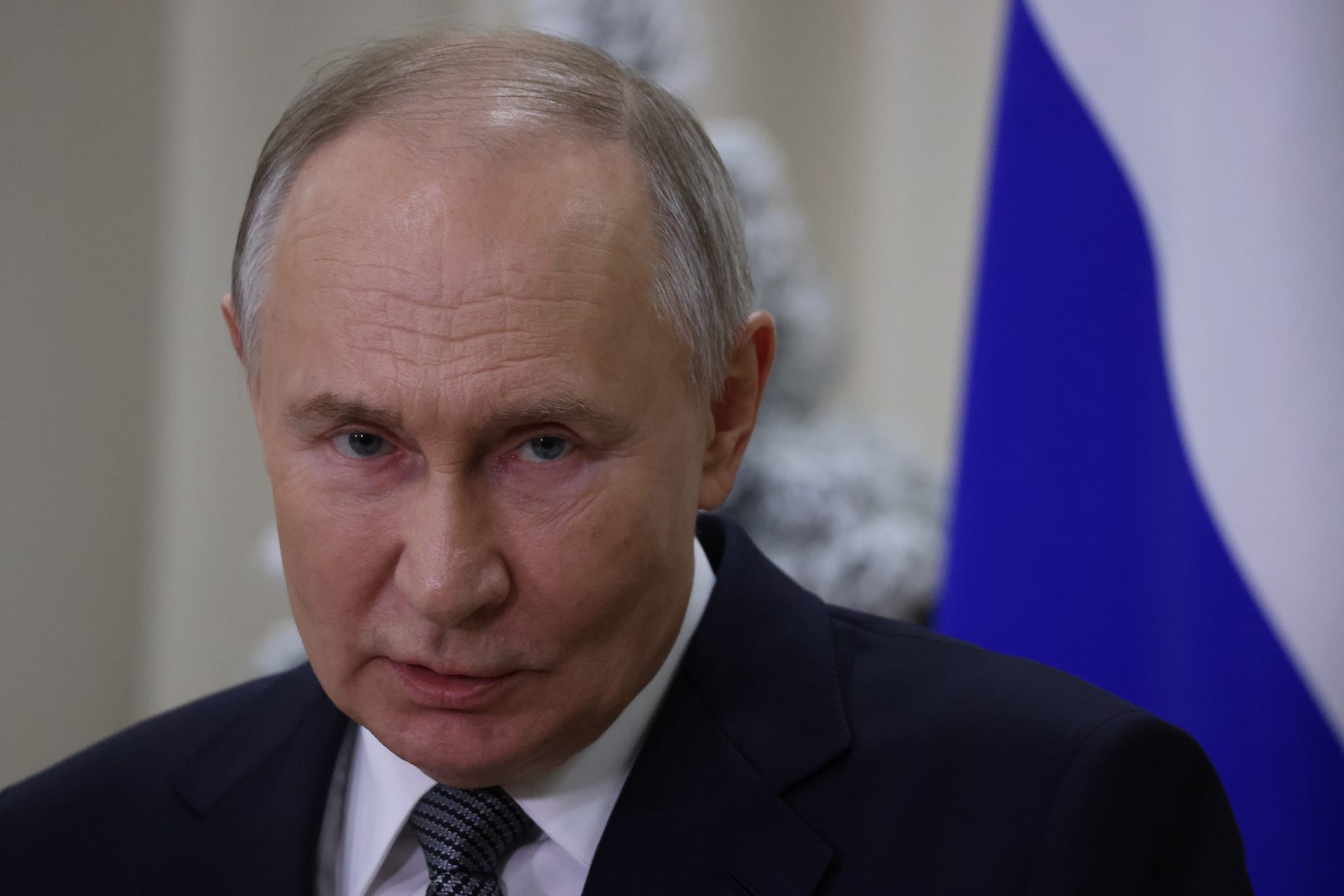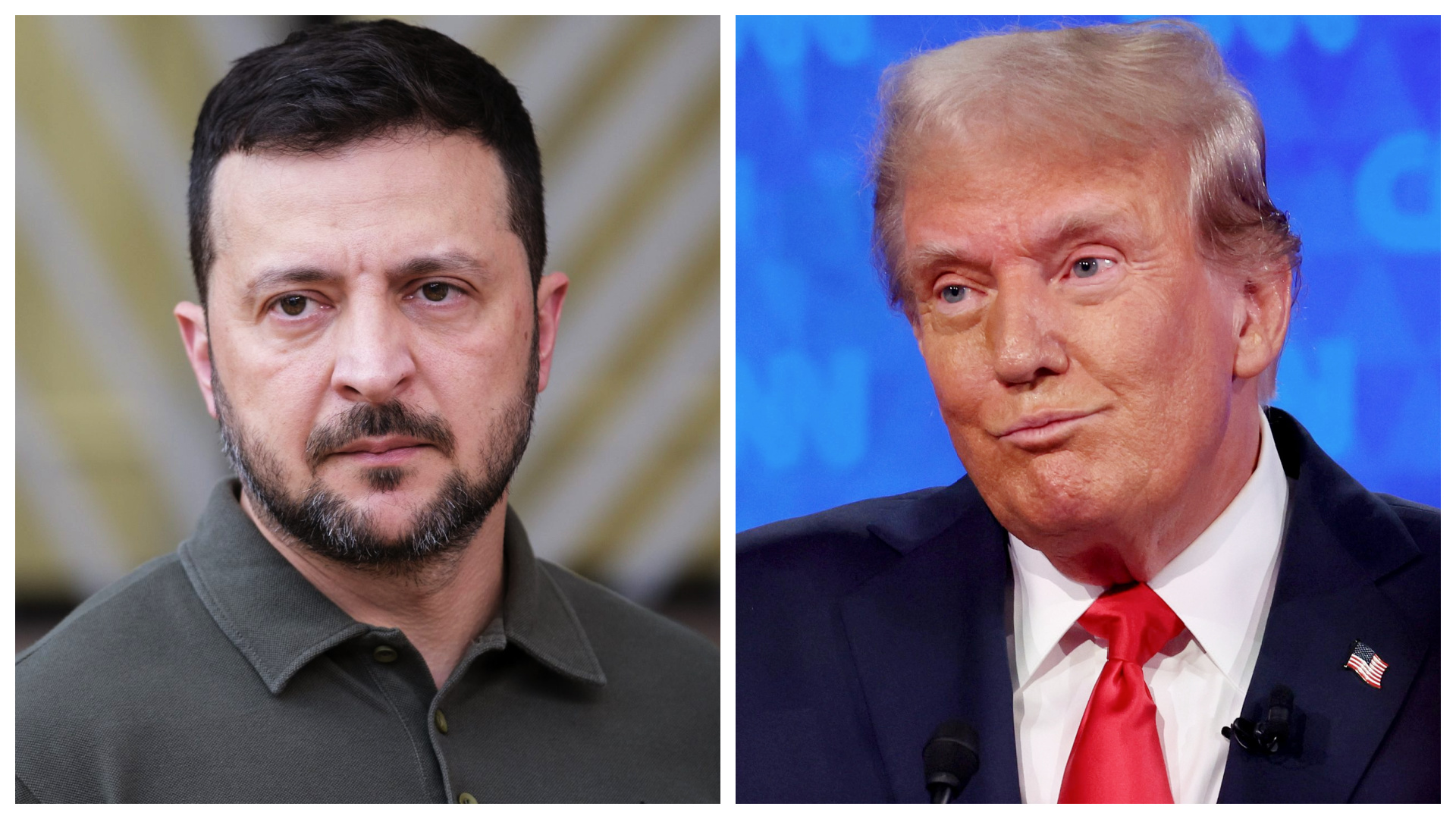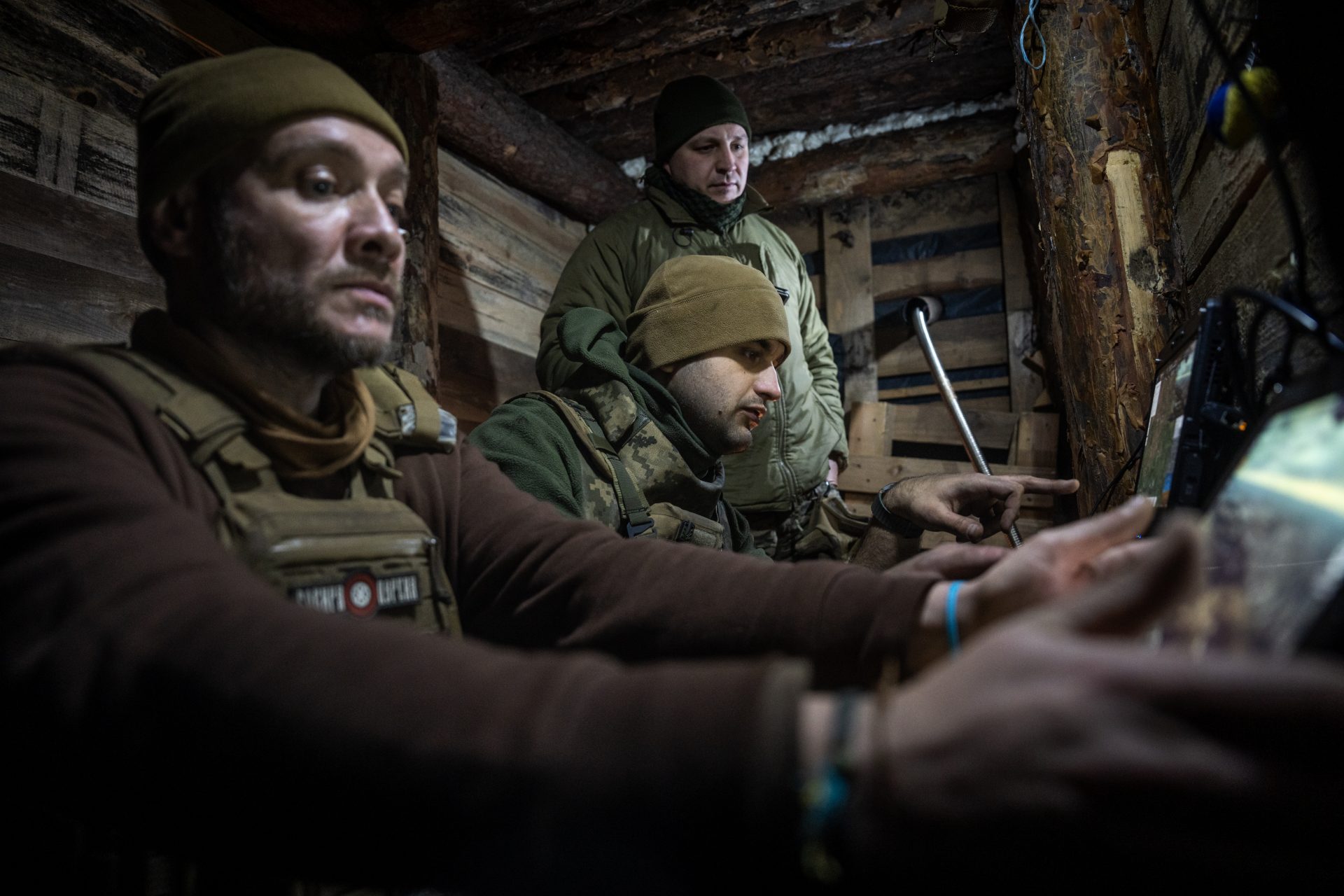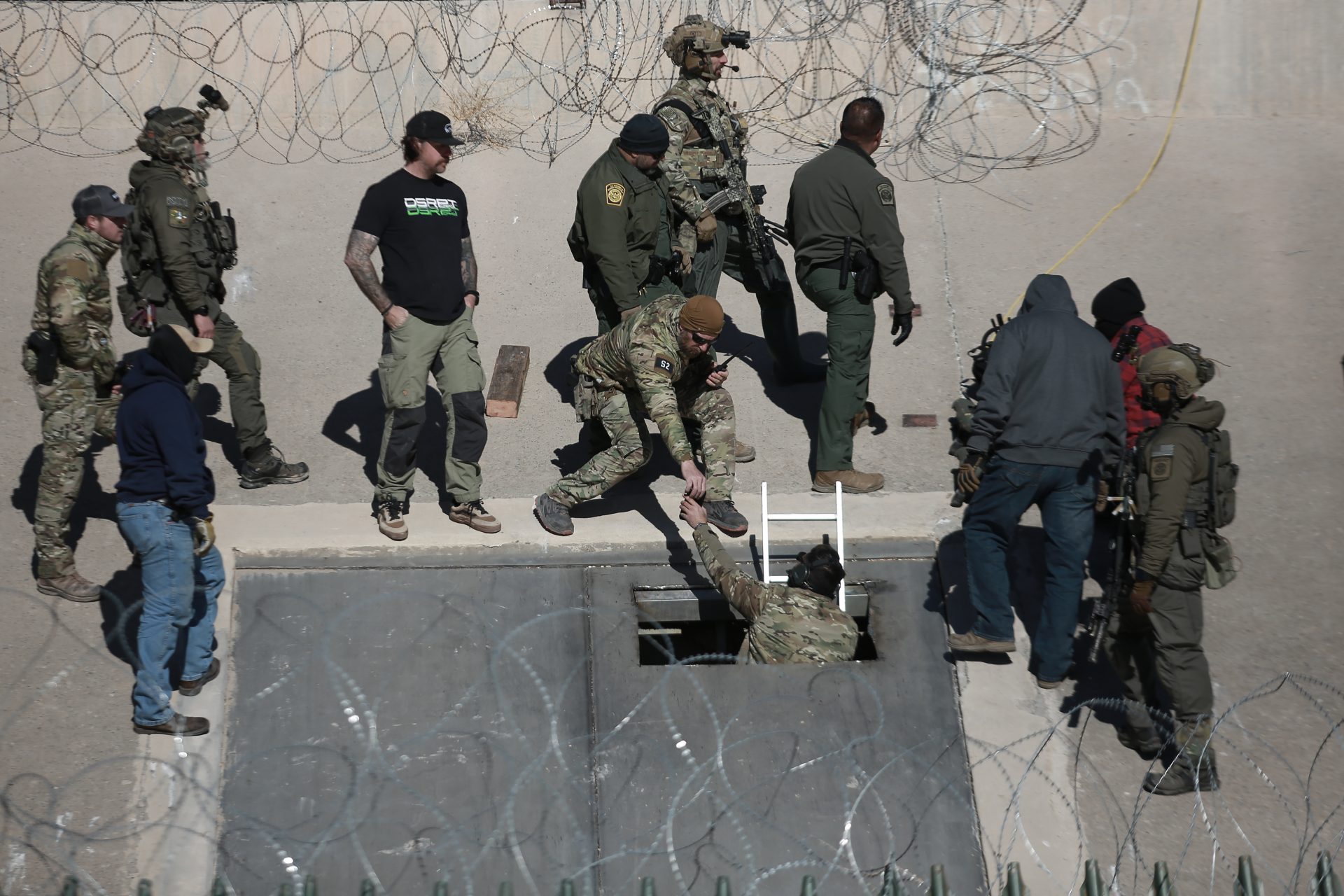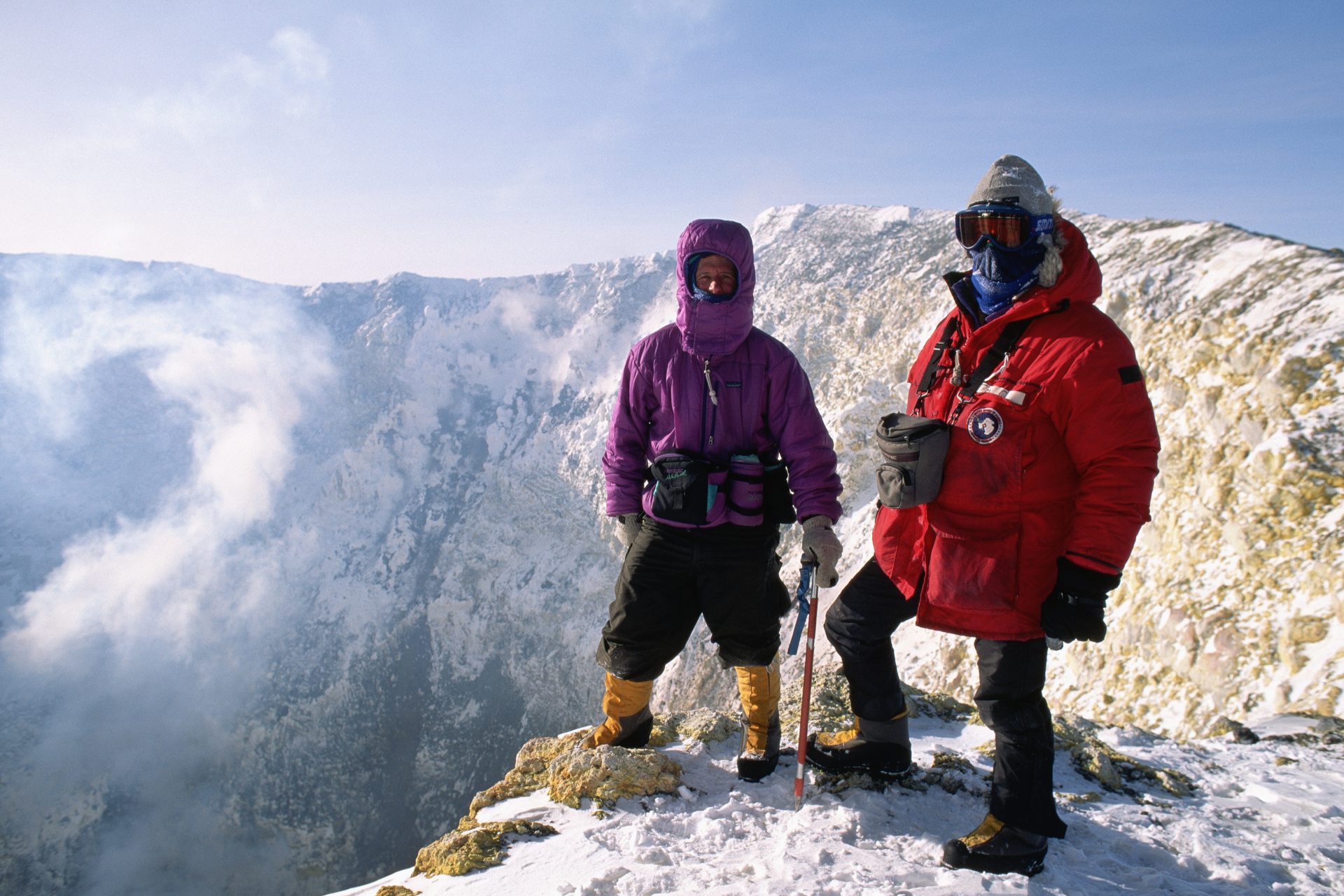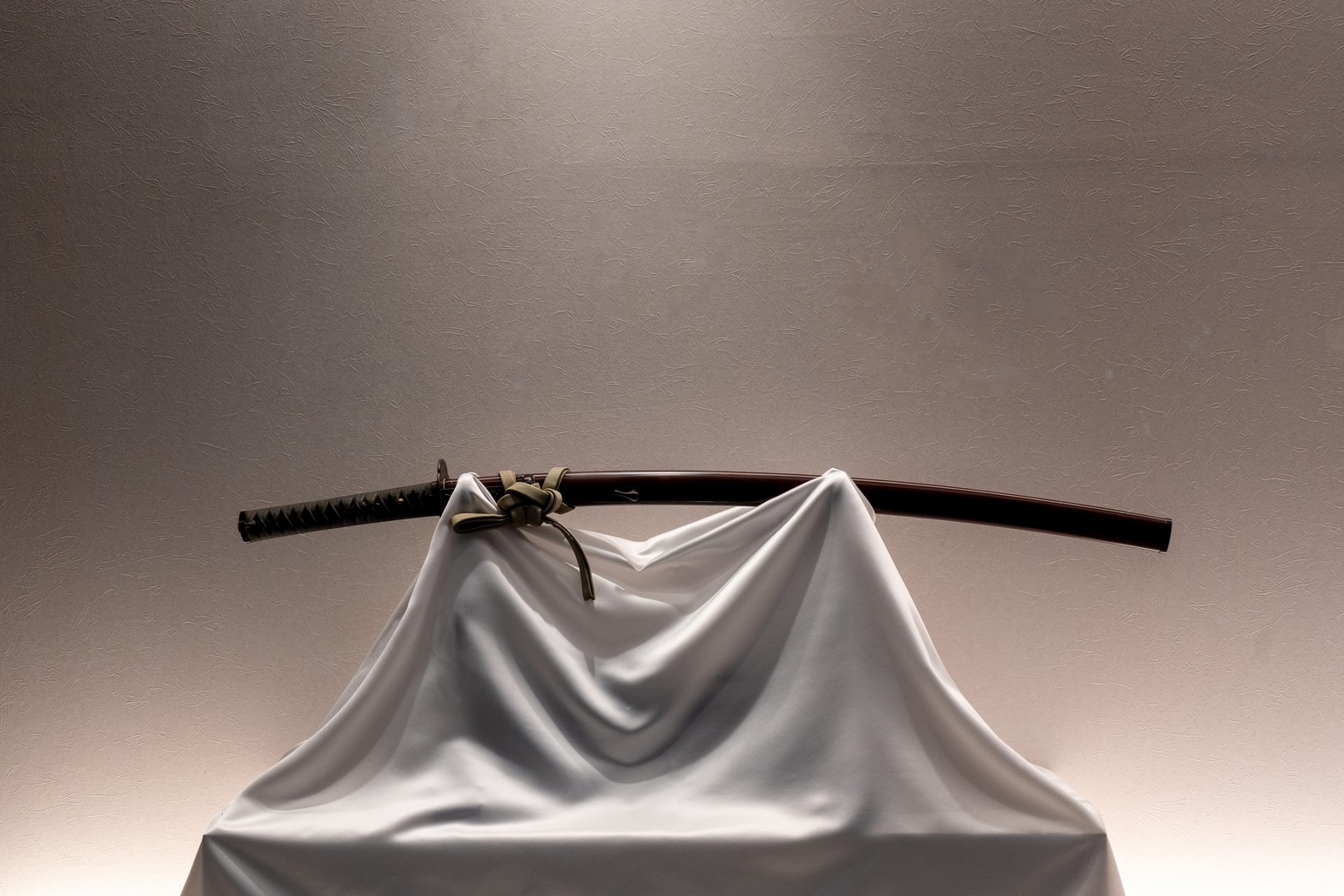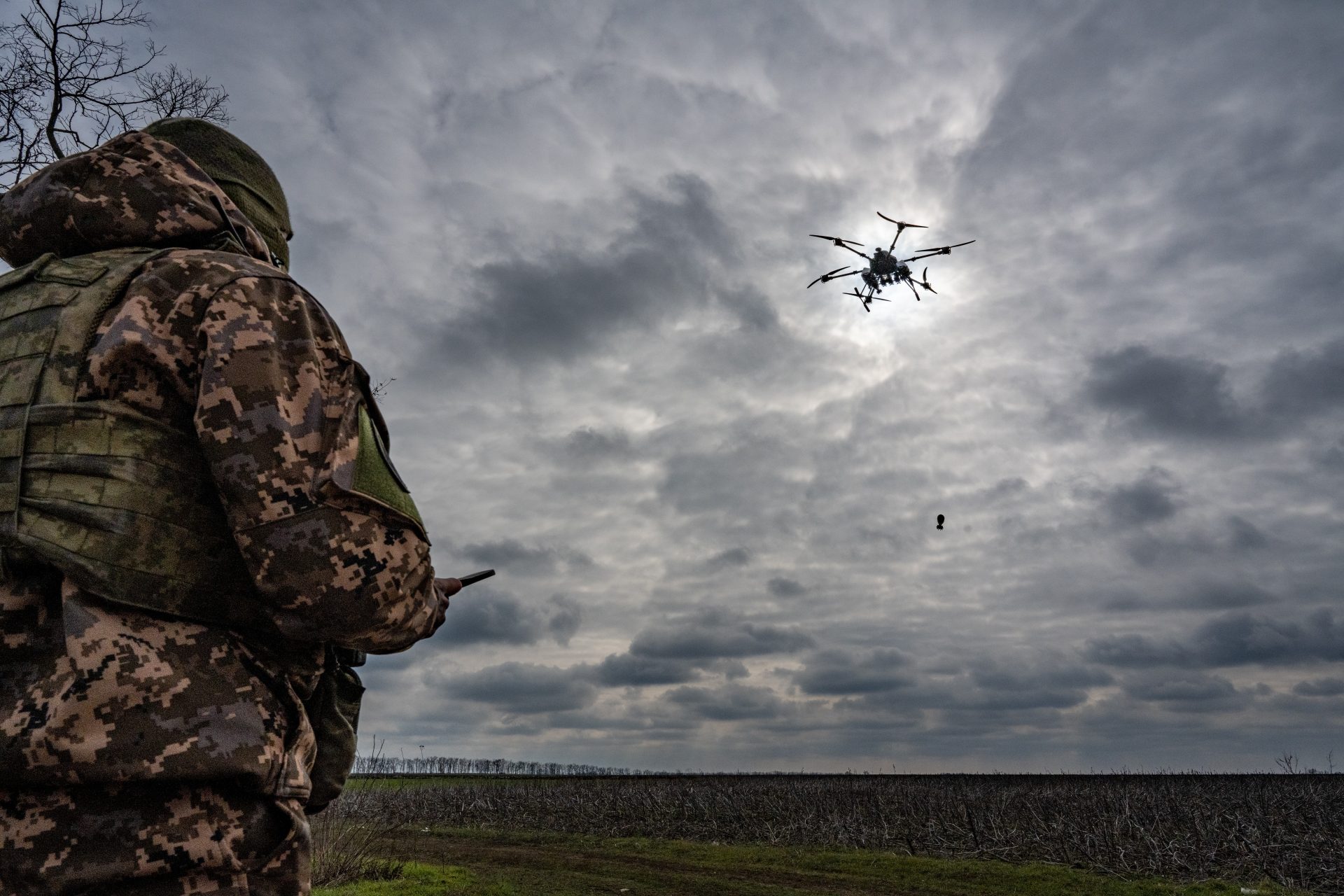Russia will not be rejoining the UN Human Rights Council
Despite Putin's best efforts to win votes, Russia will not rejoin the UN's Human Rights Council. On October 10, the vote occurred, and Russia only received 83 votes in its favour out of the 193 countries that form the UN's general assembly members.
According to several news outlets, Bulgaria and Albania easily beat out Russia with 160 votes for Bulgaria and 123 for Albania.
Russia didn't have much of a chance, particularly after the country bombed the village of Hroza in Ukraine just days before, a lethal attack in which 52 Ukrainians were killed.
According to the BBC, Russia attempted to bribe smaller countries by offering them weapons and grain for votes. However, Russia's efforts were in vain. Albania's ambassador, Ferit Hoxha, told the media that member states needed to show they were not ready to "take an arsonist for a firefighter".
Putin is undoubtedly incredibly frustrated as Russia had been actively pursuing a return to the United Nations Human Rights Council (UNHRC). If the country had been elected and returned to the council, it would have marked a significant benchmark for its global reputation.
Just 16 months earlier, in April 2022, Russia was ousted from the UN's primary human rights body in a vote due to its "special military operation" in Ukraine.
The Independent points out that there were "93 votes cast in favour of the move, 24 against it and 58 abstentions."
The UN Human Rights Council in Geneva is made up of 47 members, each serving a three-year term.
The vote encompassed all 193 members of the UN General Assembly in New York. Prior to the vote, some diplomats said they feared there was a very real possibility that Russia could regain its seat on the council.
The BBC acquired a copy of Russia's position paper, which was sent to UN member states, soliciting their support.
In the position paper, Russia committed to finding "appropriate resolutions for human rights concerns" while also emphasizing the importance of preventing the council from being manipulated as an "instrument serving the political interests of a select group of countries," an obvious reference to Western nations.
As noted by the BBC and The Independent, diplomats close to the matter revealed that Russia's motivation came from a desire to restore some semblance of international credibility, especially in light of allegations of human rights violations in Ukraine and within its own borders.
The Human Rights Council recently received fresh evidence of these abuses through a report from its Commission of Inquiry on Ukraine. The report, presented on September 25th, detailed ongoing evidence of war crimes committed by Russia, which included torture, sexual abuse, and attacks on civilians.
Furthermore, as the BBC points out, a separate report by the UN's special rapporteur for Russia, Mariana Katzarova, emphasized that there has been a significant deterioration in the human rights situation within Russia itself.
Russian citizens who have criticized Russia's actions in Ukraine have reportedly been "subjected to arbitrary arrest, torture and ill-treatment."
Russia's position paper, distributed at the UN, underscores its commitment to "promote principles of cooperation and the strengthening of constructive, mutually respectful dialogue within the council to address human rights issues effectively."
The central argument was that Russia's membership would help prevent the council from becoming a tool manipulated by a specific group of countries to penalize governments that do not align with their political interests.
The BBC highlights that a report released by three prominent campaign groups, the UN Watch, the Human Rights Foundation, and the Raoul Wallenberg Center for Human Rights, concluded that Russia was "unfit" for membership in the Human Rights Council.
The report argued that reinstating Russia to the council while its conflict with Ukraine was ongoing would be counterproductive for human rights and would convey a message that the UN was not committed to holding Russia accountable for its actions.
While some diplomats seemed to think that Russia actually had a shot at getting voted on to the UN Human Rights Council, all the obvious evidence of abuse against Russia and the fact that the ICC wants Putin for war crimes, convinced the voting member states that Russia was not worthy of rejoining the council.
More for you
Top Stories




